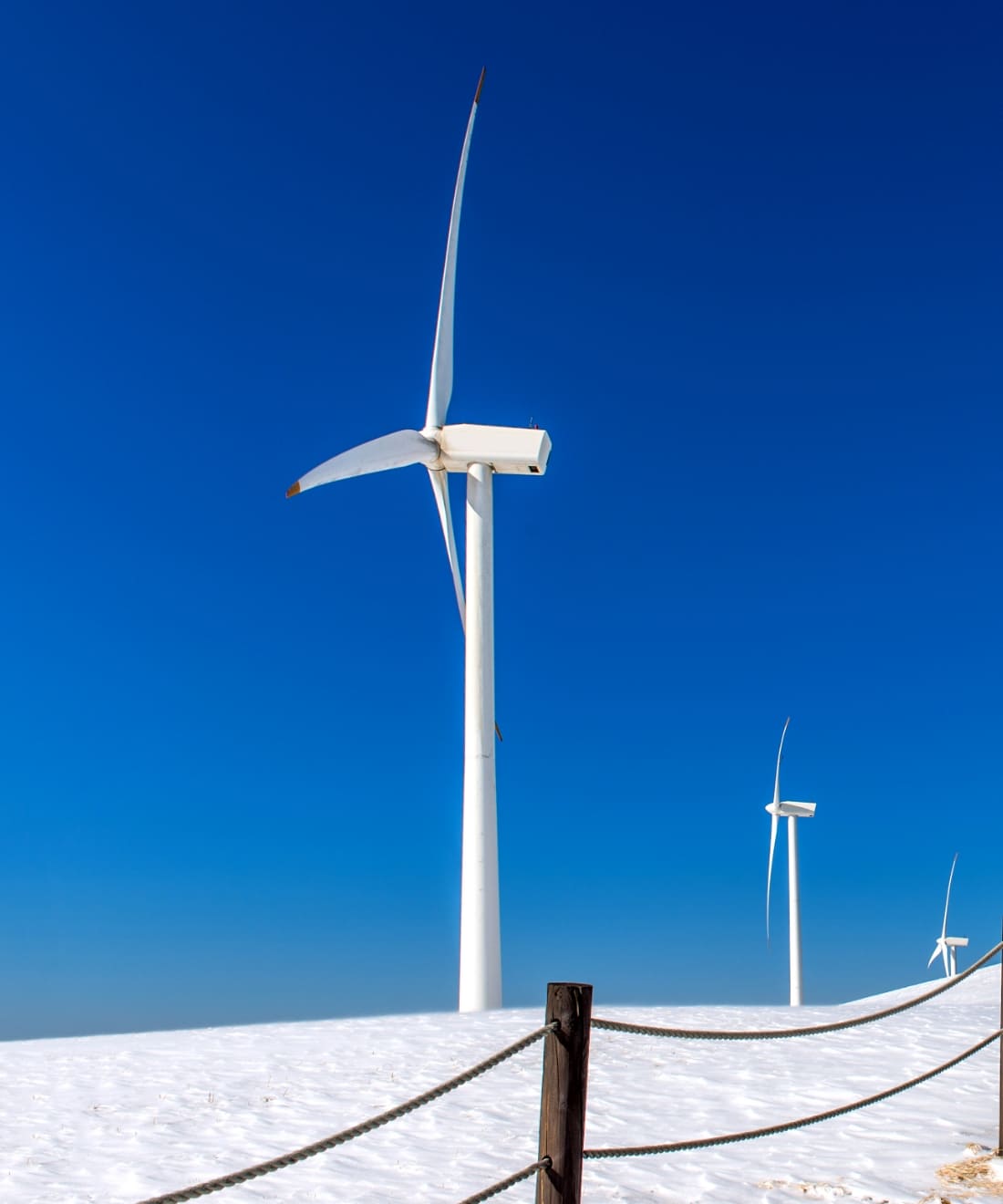

How international policies, economic strategies, and technology breakthroughs are shaping the energy industry.

INTRODUCTION
The year 2025 marks a pivotal juncture for the global energy sector, characterized by significant policy shifts and strategic realignments. Recent declarations by President Donald Trump, coupled with deliberations at the World Economic Forum (WEF) in Davos, have introduced new variables influencing energy production, distribution, and consumption.
This article delves into the current state of the energy landscape, identifies potential developments, and examines international perspectives shaping the future of energy.

In January 2025, President Trump announced a comprehensive plan to bolster fossil fuel production, declaring a national energy emergency to expedite permitting processes and withdrawing the United States from the Paris Agreement. These actions signify a sharp departure from previous climate policies, prioritizing energy independence and economic growth over emission reductions. As part of this shift, the administration has also expanded oil and gas drilling on federal lands, raising concerns among renewable energy advocates. In particular, wind energy has faced increasing scrutiny, with recent statements questioning its efficiency and economic viability.
Meanwhile, the World Economic Forum (WEF) in Davos 2025 has emphasized the urgency of accelerating the transition to sustainable energy sources. Global leaders and industry experts highlighted the importance of public-private partnerships and increased investments in clean technologies, aiming to counteract the growing reliance on fossil fuels. Discussions at the WEF also underscored a widening divide in global energy strategies - with some countries reinforcing traditional energy sources, while others push forward with ambitious renewable initiatives.
For example, the United Kingdom’s renewable energy sector continues to thrive, with nearly 58% of its electricity coming from renewables in 2024. Innovative projects like Xlinks, which plans to import solar-generated electricity from Morocco, highlight new strategies for sustainable energy security.
Moreover, the emergence of AI technologies, such as China's DeepSeek, has raised concerns about future energy demand due to their low-cost, low-energy models. This development has led to significant market reactions, including a decline in tech shares and fluctuations in oil prices.
These developments underscore a critical shift in global energy dynamics, where economic priorities, technological advancements, and geopolitical factors will determine the trajectory of the energy sector in 2025 and beyond.

ENERGY SHIFTS
01
The U.S. administration's recent directives aim to increase domestic oil and gas output, potentially influencing global energy markets and pricing structures.
02
Despite policy shifts favoring fossil fuels, there is a continued global momentum toward renewable energy investments, driven by technological advancements and decreasing costs.
03
The rising energy demands of artificial intelligence and data centers are prompting investments in advanced power generation and grid management solutions to ensure reliability and efficiency.

Internationally, countries are navigating the balance between energy security and sustainability.
Industry leaders, such as Ineos Energy Chairman Brian Gilvary, have expressed concerns regarding the rapid implementation of Net Zero initiatives. They warn that an accelerated push could lead to inflation, power shortages, and increased strain on energy grids, advocating for a more balanced approach to the energy transition.
Discussions at the World Economic Forum have emphasized that the energy transition and energy security are not mutually exclusive, advocating for strategies that simultaneously address both objectives. Nations are exploring diversified energy portfolios, incorporating both traditional and renewable sources, to enhance resilience against geopolitical and market fluctuations.
The energy sector in 2025 is at a crossroads, influenced by policy decisions, technological innovations, and global collaborations. Stakeholders must navigate these complexities to develop strategies that ensure energy security, economic viability, and environmental sustainability. Continuous monitoring of policy developments and active participation in international dialogues will be crucial for organizations aiming to thrive in this evolving landscape.
In this dynamic environment, data-driven research is essential for making informed decisions - whether entering new markets, investing in energy infrastructure, or adapting to regulatory shifts.
INSIGHTS

Industrial M&A screening in Europe explained: target sourcing, goal building, buy-and-build strategies and strategic deal origination for 2026 buyers.

Uncover if SFDR is truly tackling greenwashing. Discover real challenges, regulatory gaps, and what ESG fund transparency means for investors in the EU.
READY TO TALK?
Please fill in the field.
Please fill in the field.
Please fill in the field.
Please fill in the field.
Please fill in the field.